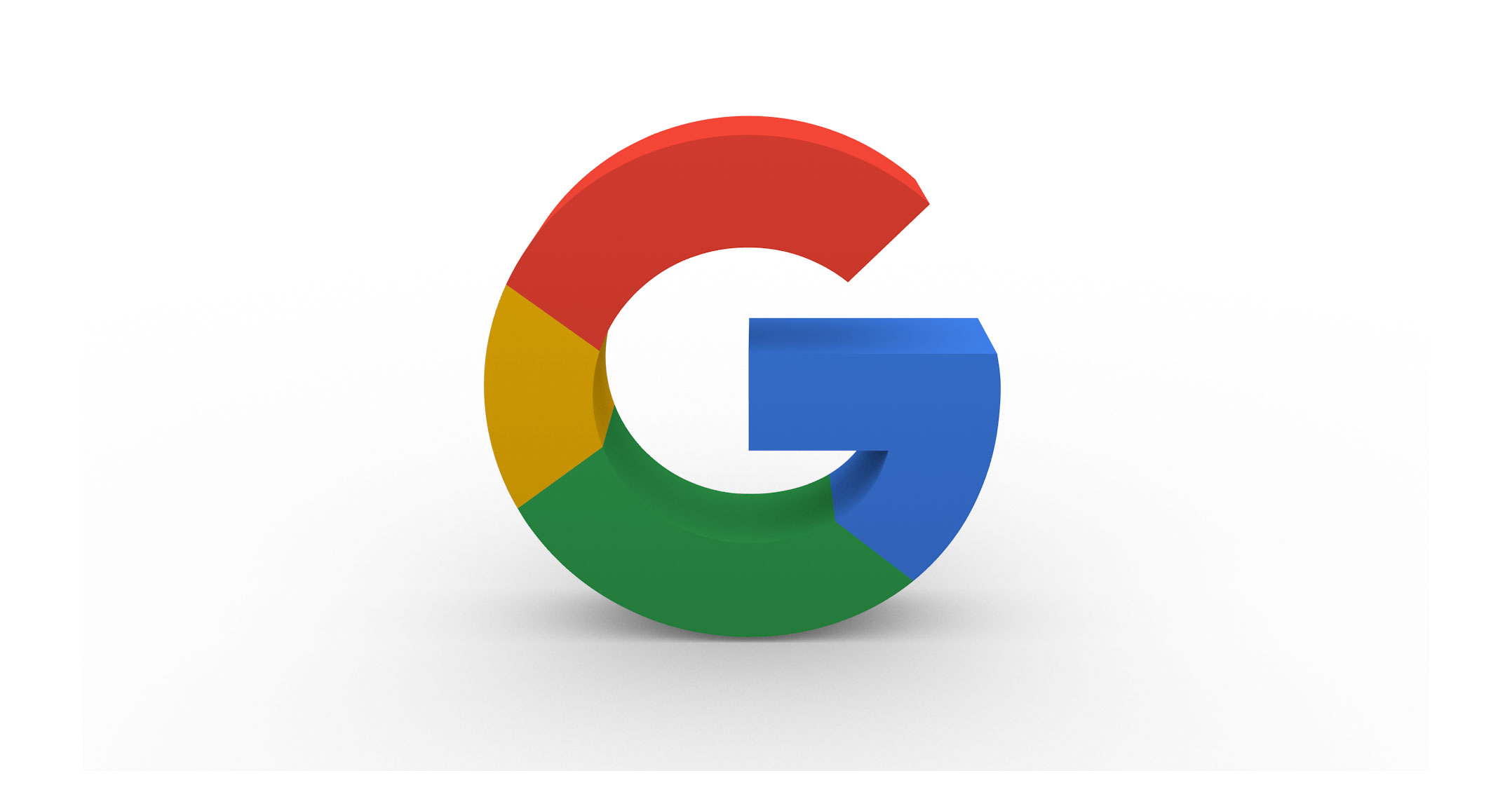
You have to give one thing to Facebook: confronted by a torrent of accusations of misbehaviour over the past 12 months, the world’s largest social network has at least made the effort to be conciliatory.
The same cannot be said about Google. The European Commission will this week reveal the punishment for the search giant’s practice of forcing smartphone makers to install its suite of apps on devices running on its Android operating system. The size of the financial penalty — likely to be in the billions of euros — will be largely irrelevant. Parent Alphabet has US$103-billion in cash reserves, so a fine won’t make too much of a dent. But how Brussels forces Google to unbundle its apps will be significant.
As it stands, if a smartphone maker such as Samsung Electronics wants to put the Google Play store on its devices to give users access to more apps, the search giant forces them to install its Chrome browser, too. That’s crucial to Google’s ads business because the Web browser lets it track a user across the Internet, identify their interests and serve them up appropriate ads.
Alphabet also pays incentives to hardware firms to preinstall Google Search on devices. That in itself doesn’t bother the Commission. The problem is that Google demands as well that no other search engine be installed.
In the midst of the Cambridge Analytica scandal, Facebook has sought desperately to demonstrate that it’s not a bad actor. Executives have appeared before lawmakers, pleading for trust. Internal investigations have been launched. The approach to user data has been changed.
Google, meanwhile, has known about the EU investigation since 2015, yet there’s little evidence that it’s changed its practices. It has not softened its stance. It is instead the rhino stood in the middle of the road, facing down the European Commission juggernaut.
The risk is that such an approach has served only to rile the commission further. It now has three cases against Google. One has to wonder whether, if Brussels perceived Google as a good actor, it would have felt the need to open up such a broad front.
There are, of course, big differences between Facebook and Google. The Android case pertains to antitrust. Facebook’s slapdash approach to privacy is about user protection. But while the social network endeavours to head off stricter regulation by showing that it’s changing, Google is not.
More confident
Perhaps Google is simply more confident in its own power. It is dominant in Europe already. Android has a more than 75% market share in four of the region’s five biggest markets, according to Kantar Worldpanel, and Google search more than 90%. Facebook is dominant, too, but is theoretically easier to displace. One could argue that you don’t actually need Facebook as a service, whereas you do need Google to navigate the Web.
Still, there’s a danger here for Alphabet in being too nonchalant. Where the European Commission goes, others often follow. Brussels already trains antitrust people in China, for example (although that doesn’t trouble Google unduly, because it is blocked there).
But if India and African nations were to follow the EU in targeting Google’s stranglehold, that would have a real impact. Smartphone makers are seeking their next billion users in these developing economies. Should the charge against Android go global, that’s a lot of future profit at stake. — Reported by Alex Webb, (c) 2018 Bloomberg LP




